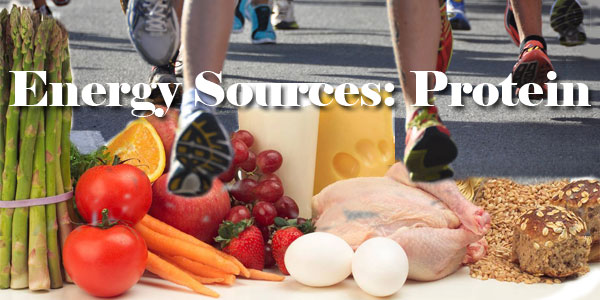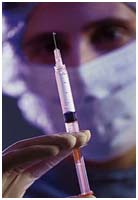This article is the 3rd in the series that started with Article 1 – Energy Sources and was followed by Article 2 – Energy Sources – Fats
Proteins
The important structural components of the body, are made up by proteins which are a necessity for growth, maintenance, and repair of all body tissues. Proteins are also needed to make enzymes, a number of hormones, and the antibodies that assist in combating infection. Generally, the body uses fats and carbohydrates for energy and prefers not to utilise protein. The intake of protein should be made up of 12% to 15% of the total calories.
Amino Acids
The basic units of proteins are made up by smaller compounds named amino acids. At least 20 amino acids make up the body’s proteins. Due to amino acids being able to link together in a variety of combinations, proteins are found in many various forms and uses. Most amino acids can be produced when needed by the body. Those that are unable to be produced, need to be supplied via the diet. These are referred to as the essential amino acids. The quality of one’s diet is determined by the amount of protein, as well as the levels of the individual essential amino acids. A diet containing a large amount of protein will not adequately assist growth, repair and maintenance of tissues if there is not the proper proportions of essential amino acids present. Most proteins obtainable from animal foods contain the necessary essential amino acids required by humans, these are known as complete or high-quality proteins. Those proteins that do not contain all of the essential amino acids are considered to be incomplete proteins and are usually obtained from plant sources of food.
Protein Sources and Need
Because most athletes’ typical diet is rich in protein they have little difficulty in meeting their protein needs and besides, often they consume double the recommended intake.
No advantage is gained by consuming more protein, especially via protein supplements. The body converts excess protein to fat for storage. This could possibly create a situation where excess water be removed from cells, causing dehydration and the possibility of damage to the kidneys or liver. There is a chance that protein supplements may create an imbalance of the chemicals that form proteins, the amino acids, which is not an objective. Too much protein has been linked to osteoporosis, a condition of the bones.
An increase in physical activity merits a need for more energy, not protein. Muscle mass increases that result from training and conditioning are attributed to only a small increase in protein requirements. This can easily be achieved via the normal diet, thus making protein supplements unnecessary.




























[…] Energy Sources: Proteins is a post from: Time-to-Run Nutrition […]